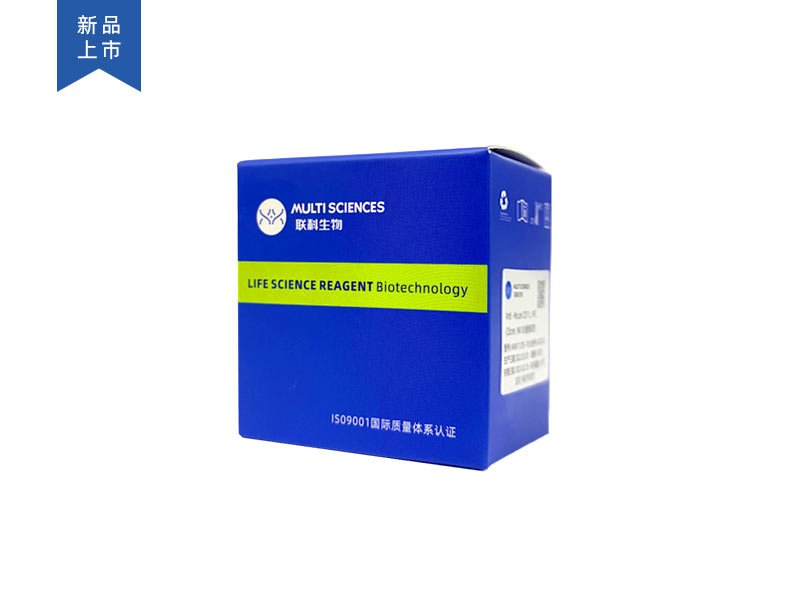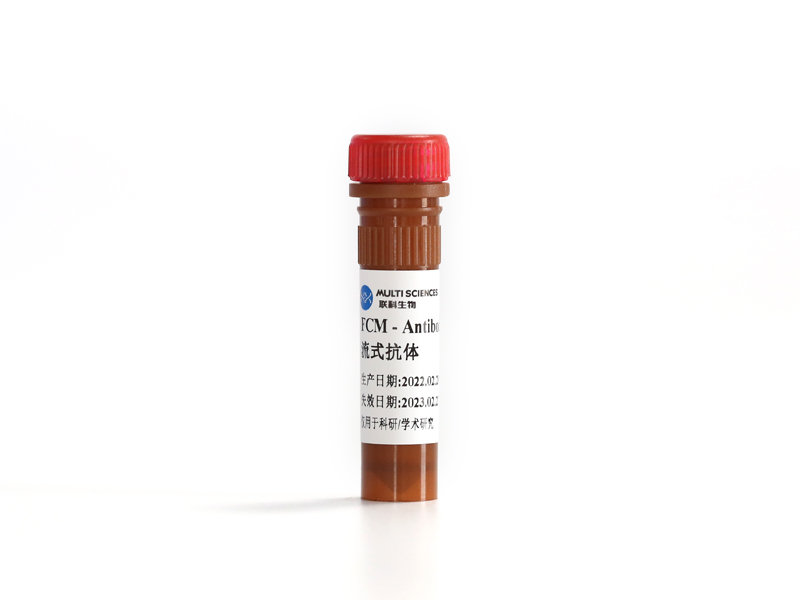P-Hydroxylcinnamaldehyde (CMSP) was firstly isolated from Chinese medicine Cochinchinnamomordica seed (CMS) by our team and has been verified to have growth-inhibiting abilities in malignant tumors including esophageal squamous cell carcinoma (ESCC). However, the detailed mechanism of its function is still unclear. Tumor-associated macrophages (TAMs) are an essential component of the tumor microenvironment (TME), playing important roles in tumor growth, metastasis, angiogenesis, and epithelial-mesenchymal transition (EMT). In the present study, we found that the percentage of M1-like macrophages was significantly increased in TME of ESCC cell derived ? xenograft tumor model after CMSP treatment, while the ratios of other immune cells showed relatively low variation. To confirm these results, we further examined the effect of CMSP on macrophage polarization in vitro. The results revealed that CMSP also could induce phorbol-12-myristate-13-acetate (PMA)-induced M0 macrophages from THP-1 and mouse peritoneal macrophages toward the M1-like macrophages. Furthermore, CMSP could exert anti-tumor effect through TAMs in vitro co-culture model, in addition, the growth inhibition effect of CMSP was partly abolished in macrophage depletion model. To determine the potential pathway of CMSP induced polarization, we used quantitative proteomics (label-free) technology to explore the proteomic changes under CMSP treatment. The results revealed that immune-activating protein and M1 macrophage biomarkers were significantly increased after CMSP treatment. More importantly, CMSP stimulated pathways related to M1 macrophage polarization, such as the NF-κB signaling pathway and Toll-like receptor pathway, indicating that CMSP might induce M1-type macrophage polarization through these pathways. In conclusion, CMSP can regulate immune microenvironment in vivo and induce TAM polarization toward the M1 type by promoting proteomic changes, and exert anti-tumor effect through TAMs.
文章引用产品列表
-
- F1108602 5 Citations
- 流式抗体
Anti-Human CD86 (B7-2), PE (Clone:IT2.2)检测试剂
- ¥1,112.00 – ¥2,464.00
-
- EK283 64 Citations
- ELISA试剂盒
Mouse VEGF ELISA Kit检测试剂盒(酶联免疫吸附法)
- ¥1,600.00 – ¥2,650.00
-
- EK210 486 Citations
- FEATURED ELISA KIT, ELISA试剂盒
Mouse IL-10 ELISA Kit检测试剂盒(酶联免疫吸附法)
- ¥1,600.00 – ¥10,800.00
-
- EK206 1296 Citations
- FEATURED ELISA KIT, ELISA试剂盒
Mouse IL-6 ELISA Kit检测试剂盒(酶联免疫吸附法)
- ¥1,600.00 – ¥10,800.00
-
- EK183 96 Citations
- FEATURED ELISA KIT, ELISA试剂盒
Human VEGF ELISA Kit检测试剂盒(酶联免疫吸附法)
- ¥1,600.00 – ¥10,800.00
-
- EK182 340 Citations
- FEATURED ELISA KIT, ELISA试剂盒
Human TNF-a ELISA Kit检测试剂盒(酶联免疫吸附法)
- ¥1,600.00 – ¥10,800.00
-
- EK112 27 Citations
- FEATURED ELISA KIT, ELISA试剂盒
Human IL-12p70 ELISA Kit检测试剂盒(酶联免疫吸附法)
- ¥1,600.00 – ¥2,650.00
-
- EK110 138 Citations
- FEATURED ELISA KIT, ELISA试剂盒
Human IL-10 ELISA Kit检测试剂盒(酶联免疫吸附法)
- ¥1,600.00 – ¥2,650.00
-
- EK106HS 316 Citations
- FEATURED ELISA KIT, 高敏试剂盒
Human IL-6 High Sensitivity ELISA Kit检测试剂盒(酶联免疫吸附法)
- ¥2,000.00 – ¥3,400.00
-
- EK106 422 Citations
- FEATURED ELISA KIT, ELISA试剂盒
Human IL-6 ELISA Kit检测试剂盒(酶联免疫吸附法)
- ¥1,600.00 – ¥10,800.00





